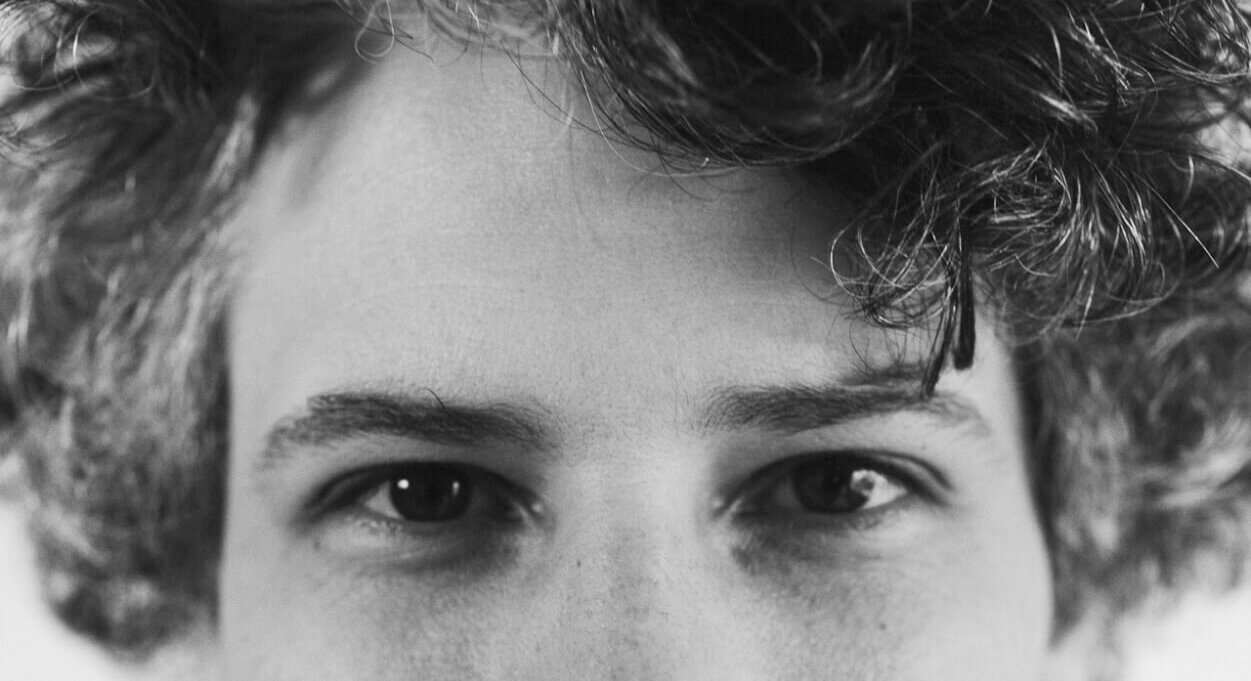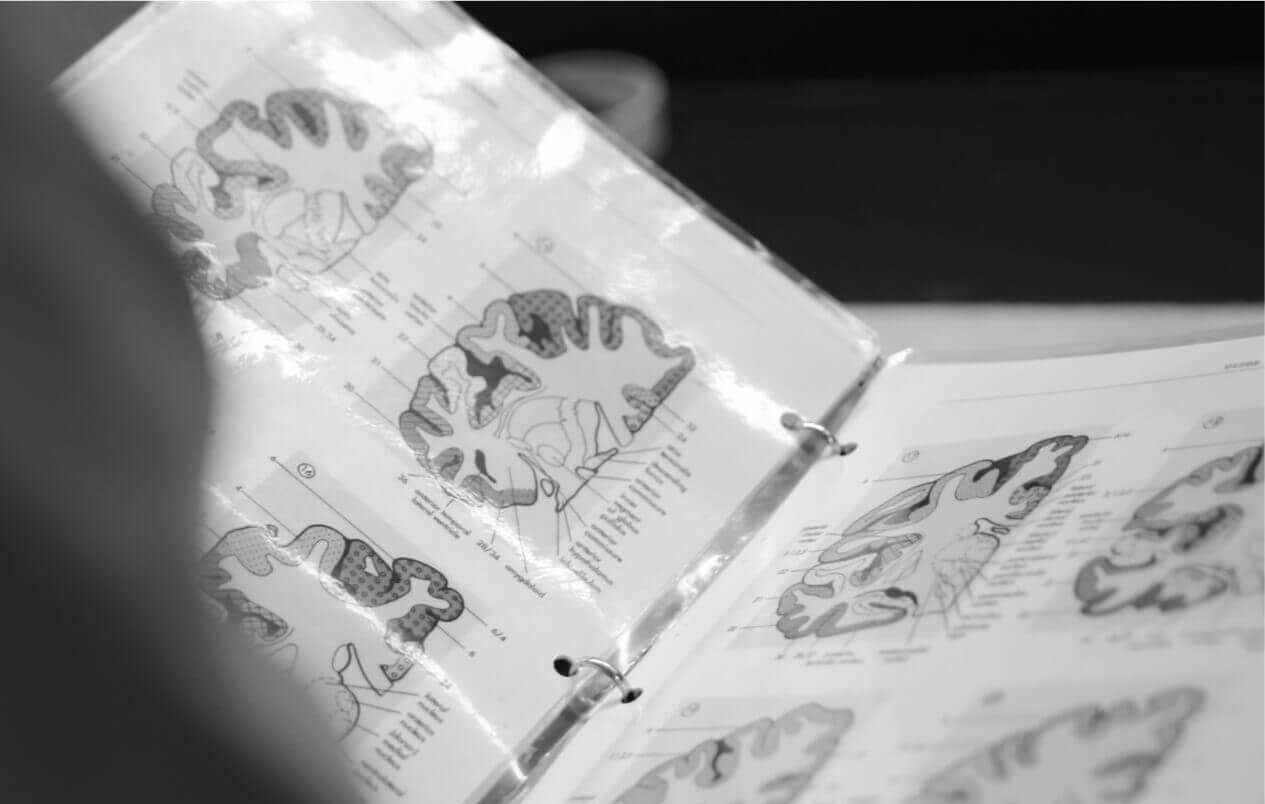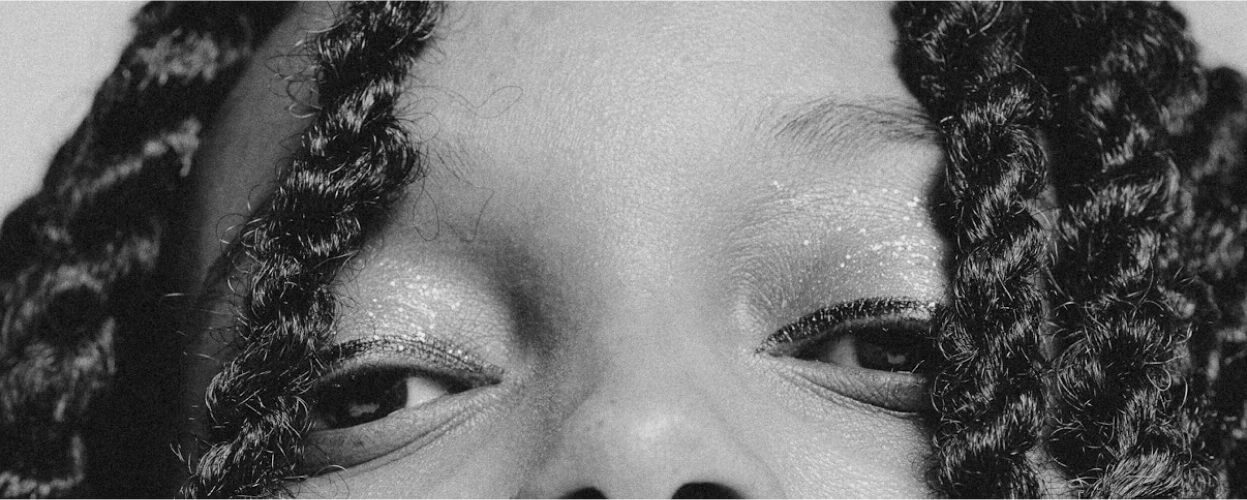Something Good
There are certain words we say to each other to try and provide some comfort when a loved one dies. They’ve become pretty cliché, actually.
- Please accept my condolences.
- At least he or she is not suffering anymore.
- He or she is in a better place.
That last one really tripped up my dad when he was suffering from Lewy Bodies Dementia. When his daughter-in-law’s mother died after a long, agonizing struggle with Alzheimer’s Disease, he tried to express his sorrow to her over the phone on the loss of her mom. I heard my sister-in-law’s response that her mom was in a better place and then I could see the wheels turning in my dad’s brain. He tried hard to figure that out, then finally replied with “I’m not sure being dead is a better place….” before I could wrangle the phone away from him after motioning ix-nay on the “being dead” talk. In a gallows humor sort of way, it was kind of a funny moment.
But that’s what his particular experience with Lewy Bodies Dementia was like – moments we’d watch him struggle to understand situations, but they were often peppered with sweetness. Each day he would carefully explain the kind of sandwich he wanted us to make him for lunch with a complete list of ingredients, like it was an unusual craving he was having – but it was the same one he described every day. We knew in some ways we were lucky. Certain dementias were so much more heartbreaking. But my dad was sweet and kind and always knew all of us and was so happy to see everyone. And then, all of a sudden, he just couldn’t get out of bed anymore. And a few short weeks later, he was gone.
In between, there were truly sacred days of taking care of him. My mother, who is a nurturer to her bones, redefined devotion. And, though we knew the day was coming – his death was a loss so profound, all the comforting words sounded like empty foreign syllables just randomly strung together.
One thing really helped.
We donated his brain for neurological research. And we felt great about it. We knew he’d love the idea.
It may sound like just another cliché to say we made something good come out of something really awful. But donating my dad’s brain was meaningful and comforting and restored a sense of hope for us. Yes, researchers are in urgent need of the precious tissue to determine why 50 million Americans suffer from devastating neurological conditions. Which is why we developed the Brain Donor Project. It turns out that arranging to donate your brain is not only a valuable legacy you’re leaving to science – you’re also gifting some comfort to those who loved you.



